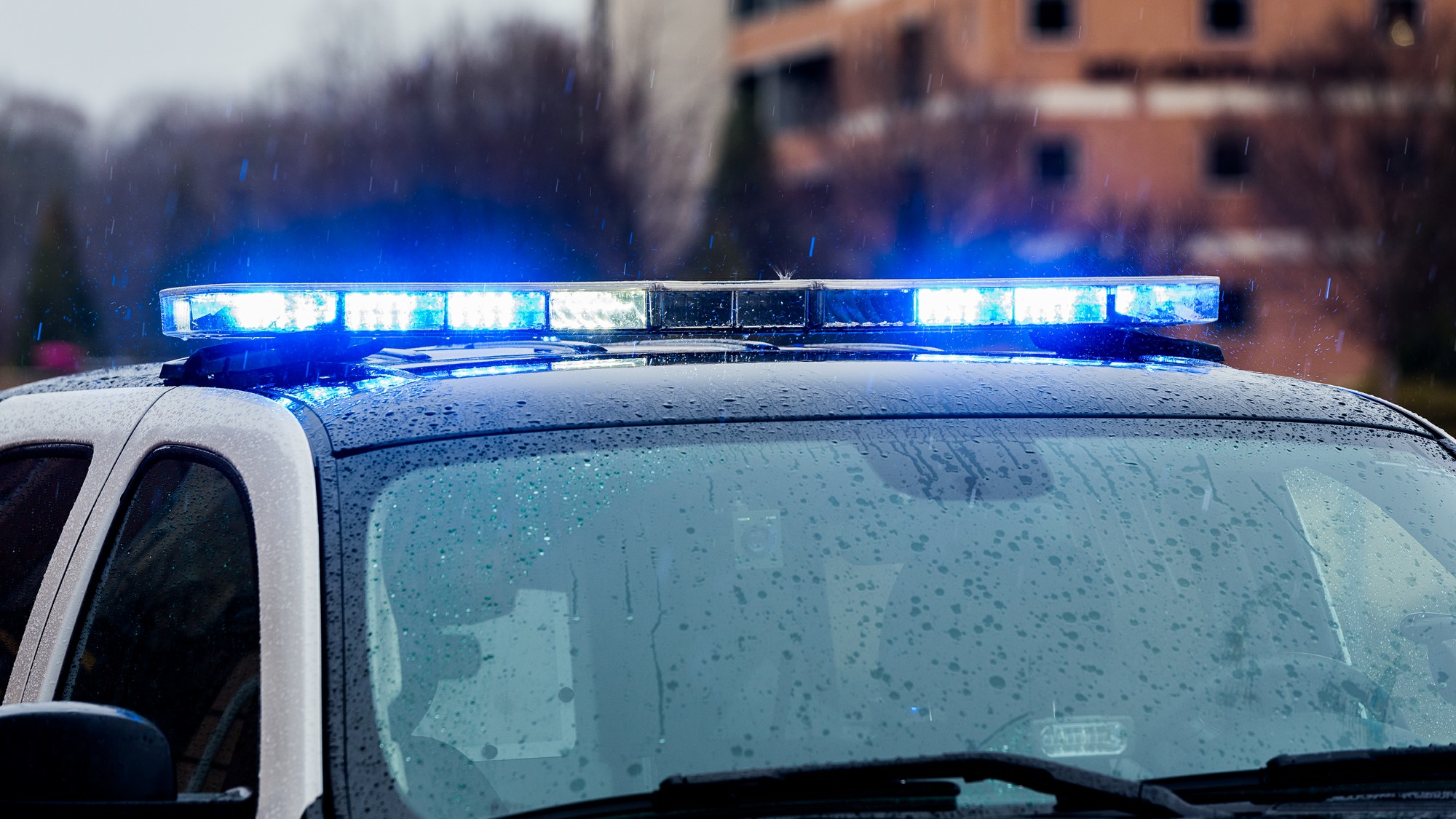The 2012 elections, many states are engaged in a fierce debate over the constitutionality of recently passed voter ID laws that would require all voters to provide some form of state-issued photo identification at the polls.
The argument over the legality of these laws, which vary from state to state, is that they may disenfranchise certain voter demographics. Among these are minorities, the elderly and low-income citizens. The Brennan Center for Justice at NYU School of Law estimates that 11 percent of the American population does not have a current, state-issued photo ID.
The states that have passed these laws cite fraud prevention and protection of voter integrity as their reasons for doing so. Those critical of voter ID laws claim that the sole purpose of this legislation is to disenfranchise groups of voters.
A recent investigation by the non-partisan group News21 showed that since the 2000 elections, 10 cases of in-person voter fraud have been recorded in the United States. According to the group’s website, “Those 10 cases represent one out of about every 15 million prospective voters.”
Although the constitutionality of these laws has been challenged nationwide, the major impact will occur in swing states; several thousand people not being able to cast their ballots could determine the fate of the entire presidential election. An example of this would be Florida in the presidential election of 2000.
Kennesaw State’s Student Government Association is registering voters on campus in preparation for the Nov. 6 election. Dean of Student Success Michael Sanseviro said the group’s focus is to get as many students, faculty and staff as possible registered to vote.
“I watch the same news as everyone else,” Sanseviro said, “and it seems that some of these politicians have ulterior motives in passing these voter ID laws.”
With the help of Sanseviro and SGA, KSU is expected to register hundreds of people to vote. SGA’s Rock the Vote event last week registered more than 100 students. The on-campus voter registration drives are non-partisan and the goal is to get students to express their vote.
“With a student population of more than 25,000, KSU as an institution could make or break an election,” Sanseviro said. “One issue we have here at Kennesaw is that we have incoming freshmen living on campus who’ve registered in high school but don’t realize that they need to change their current addresses in order to cast their ballots.”
Sanseviro said KSU student IDs are an acceptable form of identification for those who do not have a driver’s license. The deadline for voter registration is Tuesday, Oct. 9.


